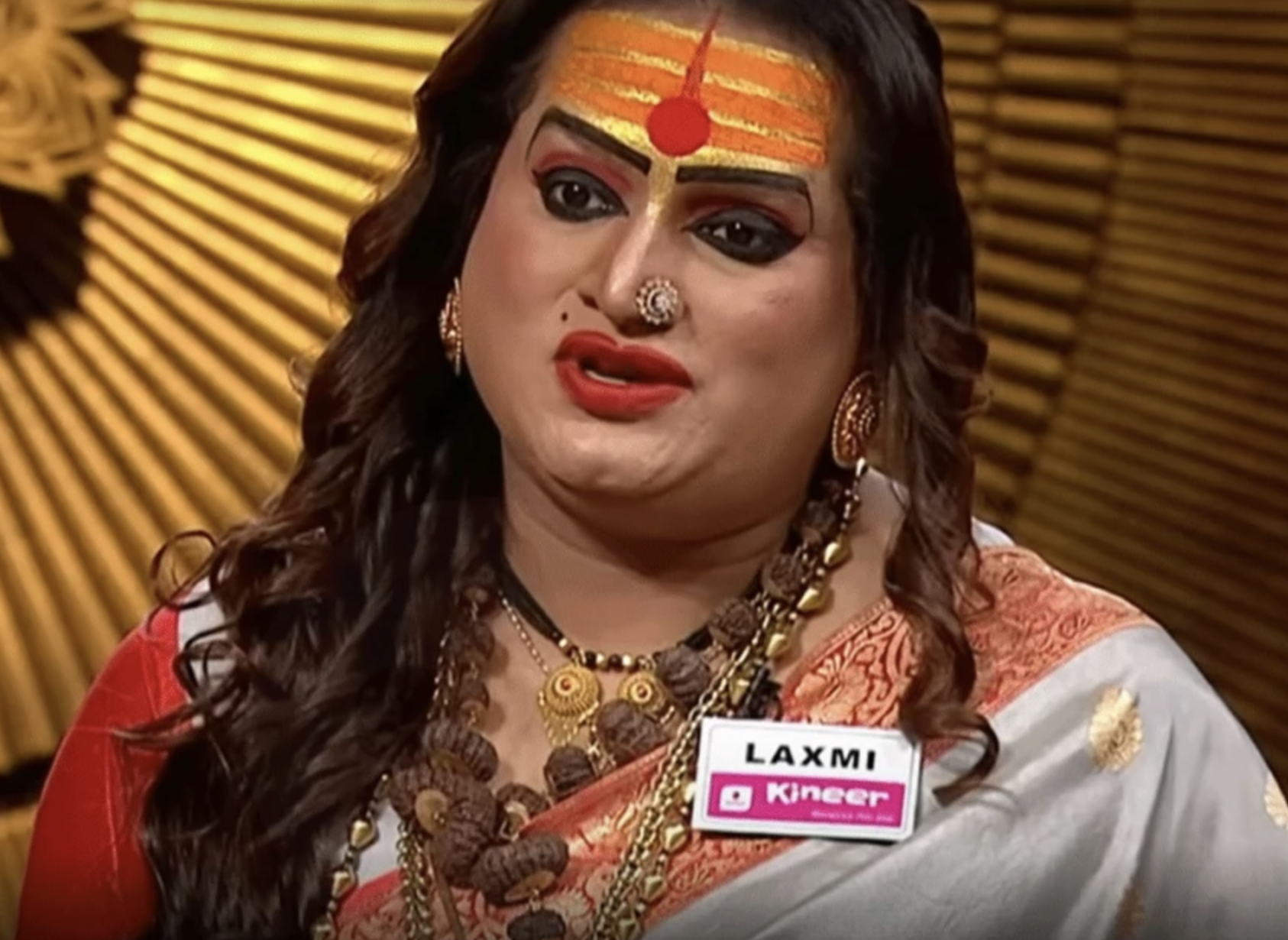
New Article: Examining the Toxic Underbelly of Private Facebook Groups

Private Facebook groups have become virtual breeding grounds for toxic behavior, with thousands of Australian men participating in communities saturated with racism, misogyny, slut-shaming, and fat-shaming. While some of these groups claim to be responses to women’s groups dedicated to exposing cheaters and abusive partners, their primary focus seems to be on derogatory and offensive remarks towards women.
Users in these men’s groups commonly refer to women using dehumanizing terms such as “it,” “that thing,” and “hoe bag.” They further degrade womenlabeling them as “blimps,” “bush pigs,” or even suggesting that they are “ladyboys.” In stark contrast, women’s groups typically aim to support and protect other women and facilitate discussions about potential partners’ behavior.
One alarming aspect is the invasion of women’s groupsmen. Some men admit to having infiltrated these spaces in the past, subsequently leading to their shutdowns. They even share information obtained from women’s groups on the men’s platforms. Such behavior not only perpetuates toxicity but also violates individuals’ privacy and security.
Experiencing this dark underbelly of private Facebook groups can be distressing for women. Cyber safety expert Susan McLean suggests that individuals must report any disrespectful or illegal behavior they encounter online. She emphasizes the importance of reporting incidents to the police for criminal behavior and to the eSafety commissioner for instances of abuse and bullying. It is crucial for everyone to unite against such behavior to foster a safer internet environment.
Carla Wilshire, CEO of the Social Policy Group and director of the Centre for Digital Wellbeing, describes these groups as “dark forests.” She highlights the challenge of regulating closed groups and ensuring accountability. Although Facebook’s community standards include rules against privacy violations, bullying, and harassment, the question of proactively addressing private groups remains unanswered.
As these private men’s groups continue to thrive with thousands of members, it raises discussions about defining what constitutes a publication versus a group chat. Platforms that offer closed, member-exclusive spaces complicate the issue. They create closed ecosystems where content sharing can go unmonitored and promote a toxic culture.
Ultimately, individuals need to exercise caution regarding the information and images they share online. While it’s unfortunate that privacy may have to be sacrificed for an active social life, it is vital to remain vigilant and report any inappropriate behavior encountered online. By collectively striving for a safer internet and promoting respectful online interactions, we can work towards dismantling the toxic elements that plague private Facebook groups and other online communities.
Frequently Asked Questions (FAQ)
1. Are all private Facebook groups toxic?
No, not all private Facebook groups are toxic. However, there are instances where these groups can become breeding grounds for offensive behavior, such as racism, misogyny, and slut-shaming. It’s essential to be cautious about the groups you join and report any abusive or disrespectful behavior.
2. How can individuals protect themselves from toxic private Facebook groups?
While individuals cannot entirely prevent their presence in toxic groups, they can safeguard their privacybeing mindful of the information and images they share online. It’s crucial to exercise caution when accepting friend requests or engaging in online conversations with unfamiliar individuals.
3. Can Facebook take action against these toxic private groups?
Facebook’s community standards do encompass rules against privacy violations, bullying, and harassment, which apply to Facebook groups as well. However, the proactive handling of private groups remains unclear. Users are encouraged to report content that violates Facebook’s policies, but the platform’s response to private groups is not explicitly mentioned in the article.
4. What should I do if I encounter abusive behavior in private Facebook groups?
If you come across abusive behavior in private Facebook groups, it is important to report it. Depending on the severity, you may report it to the eSafety commissioner or the police, as well as document any evidence that may support your case. Remember, addressing the issue collectively is crucial for creating a safer online environment.






























